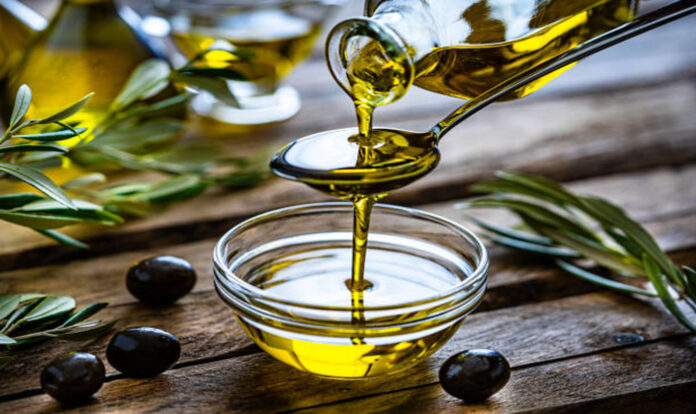Introduction:
When it comes to cooking oils, olive oil and vegetable oil are two popular choices found in kitchens worldwide. Both oils have their own unique qualities, flavors, and culinary applications. In this article, we will delve into the health benefits and versatile uses of olive oil and vegetable oil, helping you make an informed decision about which oil to use in your kitchen.
Olive Oil: Liquid Gold with Health Benefits
Olive oil, often referred to as “liquid gold,” is derived from olives and has been a staple in Mediterranean cuisine for centuries. This oil is renowned for its numerous health benefits and rich flavor profile.
a) Heart-Healthy Monounsaturated Fats:
Olive oil is predominantly composed of monounsaturated fats, which are considered heart-healthy fats. These fats can help reduce bad cholesterol levels and lower the risk of heart disease when used in moderation.
b) Antioxidant Properties:
Olive oil is packed with powerful antioxidants, such as vitamin E and phenolic compounds, which help combat inflammation and oxidative stress in the body. These antioxidants may contribute to the prevention of chronic diseases like cancer and Alzheimer’s.
c) Culinary Versatility:
With its distinct flavor and aroma, olive oil adds depth to various dishes. Extra virgin olive oil, obtained through cold-pressing olives, is ideal for drizzling over salads or dipping bread. Lighter varieties of olive oil, like pure or regular, are suitable for sautéing, roasting, and baking.
Vegetable Oil: A Versatile Cooking Companion
Vegetable oil is a broad term that encompasses a range of oils derived from different plant sources, such as soybeans, corn, canola, and sunflower seeds. This versatile oil is widely used in various cuisines worldwide.
a) Neutral Flavor and High Smoke Point:
One of the key advantages of vegetable oil is its neutral flavor, making it suitable for dishes where you don’t want the oil to overpower other ingredients. It also has a high smoke point, which means it can withstand higher cooking temperatures without breaking down and producing harmful compounds.
b) Omega-6 Fatty Acids:
Vegetable oils are typically higher in omega-6 fatty acids, which are essential fats that the body needs for proper functioning. However, excessive consumption of omega-6 fatty acids without a balance of omega-3 fatty acids can contribute to inflammation. It’s important to maintain a balanced ratio between the two.
c) Diverse Culinary Applications:
Due to its mild flavor, vegetable oil is widely used for frying, deep-frying, and baking. It can also be used in salad dressings, marinades, and sauces.
Conclusion:
In the battle between olive oil and vegetable oil, both oils have their own merits and culinary applications. Olive oil stands out for its heart-healthy monounsaturated fats, antioxidant properties, and distinct flavor. On the other hand, vegetable oil offers versatility, a neutral taste, and a high smoke point. The choice between the two ultimately depends on personal preference, the dish being prepared, and the desired flavor profile. By understanding their unique characteristics, you can confidently incorporate olive oil and vegetable oil into your culinary endeavors, reaping their respective health benefits and enhancing the flavors of your favorite dishes.


